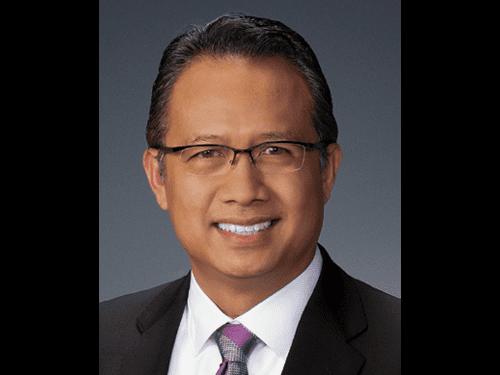SERI ISKANDAR: Sarawak is in a strong position to move towards achieving a low carbon economy as well as providing clean energy and fuels such as low carbon liquefied natural gas and hydrogen, Petroleum Sarawak Bhd (Petros) said today.
Deputy senior president of corporate strategy Abang Arabi Abang Narudin said Petros has embarked on the Sarawak Gas Roadmap to increase the utilisation of natural gas to spur the growth of the state’s downstream industries, which would translate into higher income and high quality jobs for Sarawakians.
“When we did the study (for the roadmap) before, Sarawak was the third largest contributor to the national gross domestic product but in terms of household income, we were the third poorest in the whole of Malaysia.
“That kindled Petros’ desire to work closely with the state government to ensure that the roadmap is a success,” he said during a panel session at the Malaysia Sustainable Development Goals (SDG) Summit 2023: Northern Region here today.
Petros, which has secured its first license for carbon storage in March this year, sees carbon capture, utilisation and storage as a potential additional revenue stream for Sarawak.
The Sarawak government has entrusted the oil firm to manage the state’s natural resources and Petros anticipated the state would have the capacity of 80 million tonnes of carbon dioxide (CO2) equivalent per year in the future.
“Today we have been given a specific (carbon capture and storage or CCS) licence for the F-block offshore Sarawak, with the potential of 60 cubic feet of CO2 to be stored. We are working closely with Petronas; they are developing the Kasawari (gas field off Sarawak) as part of the flagship project to enable the project to move forward,” said Abang Arabi.
He noted that at present, Sarawak has an estimated 9 billion metric tonnes of storage capacity for CCS.
“Our strategy at Petros is more about more gas, less coal. It is also more piped gas to customers and less LPG (liquefied petroleum gas). We are promoting more domestic gas. A lot of our gas is being exported and we want to use a lot of our natural gas resources for value-added industries,” he added.–Bernama









